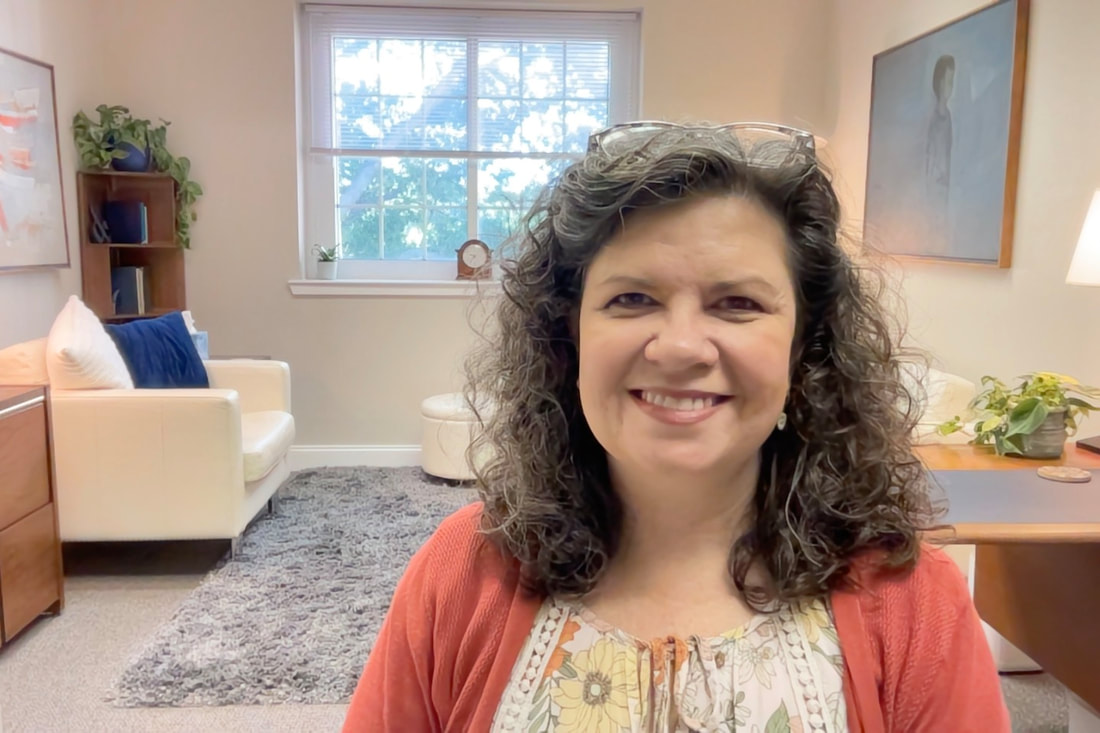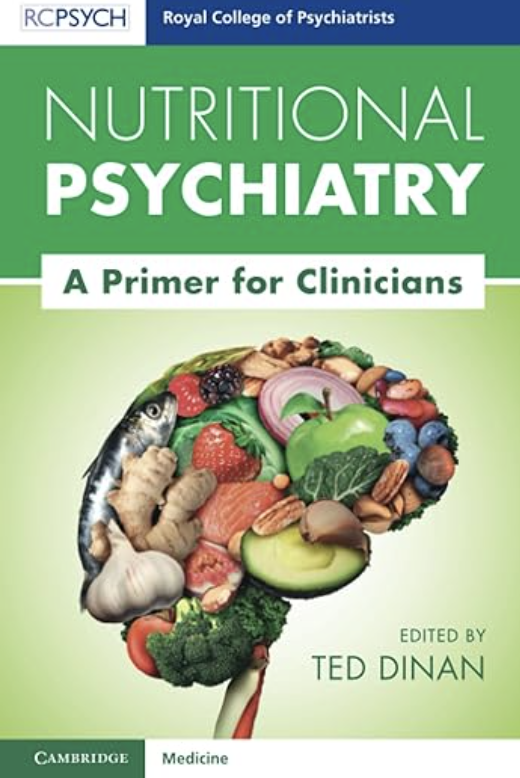|
Are you looking for some good distractions to help manage your 2020/COVID/quarantine/election/end-of-daylight-savings/holiday stress? These are a few of the things that have helped to keep my mind occupied and my heart hopeful. BooksDaniel J. Levitin's Successful Aging: A Neuroscientist Explores the Power and Potential of Our Lives. “Growing old may be the only event in life that is both desired and feared. Daniel Levitin alleviates the fear with sound advice that can tilt the balance so that we have more healthy years and fewer sick ones. The brilliance of this book is that Levitin not only tells us what to do and what not to do—he gracefully and eloquently shares the science behind how we can change our minds and brains, and how even small changes can reap large benefits. Share this book—especially with anyone you hope to grow old with.” -Diane Halpern, past-president of the American Psychological Association Lori Gottlieb's Maybe You Should Talk to Someone: A Therapist, Her Therapist, and Our Lives Revealed. "[In the end, Gottlieb and her patients] are more aware—of themselves as people, of the choices they’ve made, and of the choices they could go on to make . . . It’s exploration—genuinely wanting to learn answers to the question Why am I like this?, so that maybe, through better understanding of what you’re doing, you figure out how to be who you want to become." -Slate Mark O'Connell's Notes from the Apocolypse: A Personal Journey to the End of the World and Back. "A fitting travelogue for our stationary moment...O’Connell’s 'future-dread' haltingly yields to faith in humanity’s resilience, resourcefulness, and capacity for cooperation." - New Yorker Allie Brosch's Solutions and Other Problems. “Gut-busting . . . . Like a millennial James Thurber, Brosh has a knack for seeding a small, choice detail that snowballs into existential chaos . . . [Her] spidery and demented digital portraits, a visual expression of fun-house mirror anxiety, fits her material perfectly. . . This achingly accurate and consistently hilarious comic memoir finds Brosh moving forward and becoming a stronger, braver storyteller page by page.” - Publishers Weekly, Starred Review Dan Rather's What Unites Us: Reflections on Patriotism. “…a deeply felt reminder of what is the best of America. What Unites Us is at times almost unbearably poignant. Yet Rather’s words provide a sort of salve—and clear thinking about how to recover from these ugly times. What Unites Us is a passionate treatise on preserving the best of America and letting go of that which makes us weaker.” - BookPage Gail Honeyman's Eleanor Oliphant is Completely Fine. “Eleanor Oliphant is endearing, [a] whip-smart read. . . a fascinating story about loneliness, hope, tragedy and humanity. Honeyman’s delivery is wickedly good, and Eleanor won’t leave you anytime soon." - Associated Press MoviesRotten Tomatoes guide to 150 Great Feel-Good Movies You can Stream Right Now. (Note that the better reviewed films come latest in the list.) Empire's list of 30 Feel Good Movies to Distract You from the Horror of 2020. Some never-fail feel-good films include: Singin' in the Rain Spider-Man: Into the Spider-Verse The Greatest Showman Paddington (1 and 2, actually) and The Princess Bride. SeriesThe Great British Baking Show (Netflix) may help restore your faith in humanity. With its British charm and contestants who root for one another and take both their wins and losses on the chin, the annual baking competition is feel-good TV at its best. The Mandalorian (Disney+). Jon Favreau's Disney Original series is an exquisitely shot gun-slinger Western set in the cinematic universe of Star Wars. Also, Baby Yoda. Need I say more? Ted Lasso (Apple TV+). Ted Lasso (played by Jason Sudeikis) is an American football coach hired as the unlikely coach for an English premier league football (soccer) club, is definitely less family-friendly, but 100% wholesome with some of the best quote-able quotes to come out of 2020. A World of Calm (HBO Max). This series of 30-minute documentaries comes from the creators of one of the most popular mediation apps, Calm. One person described an episode to me as "a nature documentary about a sea turtle - except that unlike a nature documentary, the sea turtle in A World of Calm is never in peril!" This page contains links to websites not administered by Las Colinas Psychological Services (LCPS). LCPS is not responsible or liable for the accuracy or the content of linked pages. LCPS does not benefit from the sale or promotion of the organizations, books, or websites listed above.
As psychologist Guy Winch explains, "Much as accountants' busiest time of year is tax season in April, we therapists see our practices overflow in November and December. Why? ‘Tis the season of family gatherings."
Family gatherings have the potential to help us feel connected and loved, but even within the best of family dynamics, cooking, cleaning, and coordinating schedules can be stressful. And the fact of the matter is that not every family shares the best dynamics on display in Hallmark Holiday Specials. Family gatherings can bring old wounds to the surface, and leave many feeling less connected, less understood, and alone despite the holiday crowds. For those who live far from family and friends, singles, and those who are newly separated, divorced or grieving, the family-focused holidays can be a painful and lonely time. Add these factors to the days getting shorter, the weather colder, spending less time outdoors in the sun, and it is easy to understand how the holidays can leave us feeling stressed out and blue. The following resources can help you survive and thrive through this holiday season:
If you find yourself feeling overwhelmed with stress or sadness, know that you are not alone. Talking with a therapist about coping with the holidays specifically, or untangling long-standing relationship patterns, can be useful and help you move through the holidays and into the new year with less stress, more understanding of yourself and others, and more skills to navigate this time of year with more grace and less stress in the future. Facebook executive, Sheryl Sandberg, is an enormously successful technology executive (named one of the 100 most influential people in the world by Time magazine in 2012), author and speaker. Over the past few weeks, she has been making the rounds on day and nighttime talk-shows promoting something much closer to her own heart, her new book, Option B: Facing adversity, building resilience and finding joy. The book, written with Sheryl's friend, psychologist Adam Grant, is at once a deeply personal reflection on Sheryl's sudden loss of her husband Dave to heart failure at age 47, and inspiring call to find meaning, purpose, and develop resilience in the face of adversity. As Sandberg writes, we are not born with a set amount of resilience, after which small and large challenges threaten to overwhelm us. But rather, resilience is like a muscle, that can be strengthened and developed throughout our lives. Sandberg and Grant worked together to write the book and to launch Option B, an organization with the mission to bring people together to support one another and share resources from experts on building resilience. OptionB.Org is dedicated to helping you build resilience in the face of adversity—and giving you the tools to help your family, friends, and community build resilience too. Here, you can read and share personal stories, join groups for solidarity and support, and find information from experts. Option B, the book and the organization, promise to be excellent resources for those coping with loss and adversity, and all those searching for meaning and joy. Here you can read excerpts or listen to the full recent interview on NPR in which Sheryl discusses her new book and advice on how to help someone who is grieving. Below you will find the full video of Sheryl's moving 2016 commencement address at UC Berkeley in which she discusses her own grief and advice on developing a spirit of gratitude and resilience. Journaling can be an invaluable resource for therapy. When someone describes an unusually good (or bad) day in session, I often ask them to reflect on what was different. Answers of "I don't know." or "Nothing, I think." are supremely frustrating in that they leave a person feeling helpless, as though a good or bad day comes out of the blue or passes them by completely outside of their control. More often than not, there are concrete things someone did, thought, or felt that either contributed to a better day or perhaps kept a bad day or experience from "taking over" or becoming unmanageable. Take for example the few pounds we all may or may not have added over the holidays. We can be perplexed when we look at the scale now and wonder, "How did that happen?" But we also know that people who log everything that they eat or drink 1) tend to eat and drink more mindfully and healthily, and 2) can readily identify that pumpkin cheesecake or second helping that likely added to the scale come January. Journaling can provide that level of insight for your mental health. Identifying patterns can be empowering and can provide you with your own individual data on what works, and what doesn't, what contributes to a great week, and what behaviors, skills, and experiences help you nip anxiety or depression in the bud. This process can help you clarify thoughts and feelings and solve problems more effectively. Journaling can improve your body as well as your mind. University of Texas social psychologist and researcher, James Pennebaker has found that regular journaling strengthens immune cells (lymphocytes). A study published in Advances in Psychiatric Treatment noted improvements in both physical and psychological health in clinical and non-clinical groups after just 3-5 15-20 minute journaling sessions. Other research suggests that journaling offers not just emotional, but physical benefits to individuals battling terminal or life-threatening illnesses. Perhaps we see these benefits because, as Pennebaker suggests, writing about stressful events helps you come to terms with them and reduces the impact of these stressors on your physical health. Remind you of therapy? Journaling and therapy can beautifully complement one another. The work that you do journaling over the week can build on the momentum, insights, and positive changes you are developing in therapy. How to begin? When many people hear "journal," the embarrassing teenage diary tucked away in a sock drawer comes to mind. But a journal can be much more than a diary (or much less, if you like), and there as many ways to keep a journal as there are journal-ers. For those who don't fancy themselves writers, or who feel overwhelmed at where to begin, the Bullet Journal developed by Ryder Carroll offers a streamlined way of tracking daily activities, including mental health. What to journal? In addition to logging events and experiences, a journal can be used to track moods, how you feel physically (e.g., energy level, headaches), behaviors that can affect your mental and physical health (e.g., sleep, exercise, taking vitamins and medications), and self-care (e.g., socializing, meditation). Tracking can provide valuable data and trends to discuss in therapy. You may also find it useful to include post-therapy session notes (e.g., insights, reminders, topics to discuss or come back to next session). Adding space for a gratitude journal can provide time and space to reflect on positive thoughts, feelings, and experiences in a way that can actually help re-train your brain to more readily identify (rather than discount) positive experiences. Including self-care ideas for when you notice triggers or early signs of depression or anxiety can help you easily identify tried and true methods to change course or help manage those negative feelings before they become overwhelming. Here are some additional tips to get you started:
Make it yours. Your journal can be as minimalistic and straightforward or artistic and detailed as you want. Are you the type of person (this month) who delights in a To Do list? Or does a listing these tasks and obligations bring you additional stress? If so, you may find you are better served by a "Done" list. Find your own style and what works best for you. The beauty of making a journal your own is that it can change with you from week to week, and month to month. Build on what works for you, and leave what does not behind without guilt (recognizing each of these is progress in and of itself!). Finally, I'm personally a proponent of putting pen to paper. One of the benefits of a journal that you physically create yourself is that you have complete control in customizing it to fit your needs as opposed to having pre-printed pages that you don't love or use in a day planner or maintaining multiple tracking apps. That said, if a physical journal just feels too analog for your life, there are a number of apps out there that track habits, moods, and provide space for journaling. Just be aware of protecting your privacy and online presence if you choose a digital route. Happy journaling! Additional Journaling Resources: BulletJournal.com offers a videos, tips, and tutorials on how to start a bullet journal. Rachel Wilkerson Miller and Anna Borges at Buzzfeed offer a lighthearted and insightful collection of ways to use journaling to track and improve your mental health. Steven Stosney at Psychology Today, describes the research on the results of journaling and gives tips for reaping the benefits of journaling while avoiding the pitfalls. Take a moment to check out the newly added Resources page (under the Patient tab). There you will find links and information on recommended books (for adults, adolescents, and children), local and national organizations that support mental health, and emergency and crisis numbers.
|
About the AuthorClinical psychologist Dr. Kristy Novinski contributes insights, book and film reviews, discussions of pop culture, and exploration of news and research in the field of psychology. What I'm Reading
Categories
All
|
Las Colinas Psychological Services, PLLC |
© 2023 Las Colinas Psychological Services, PLLC. All rights reserved.
|



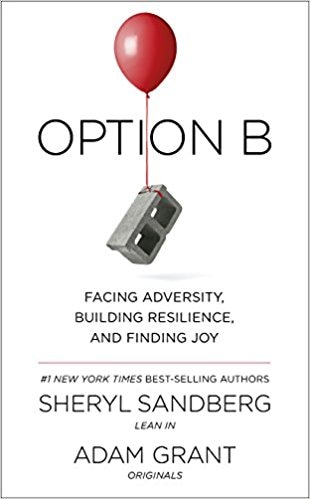
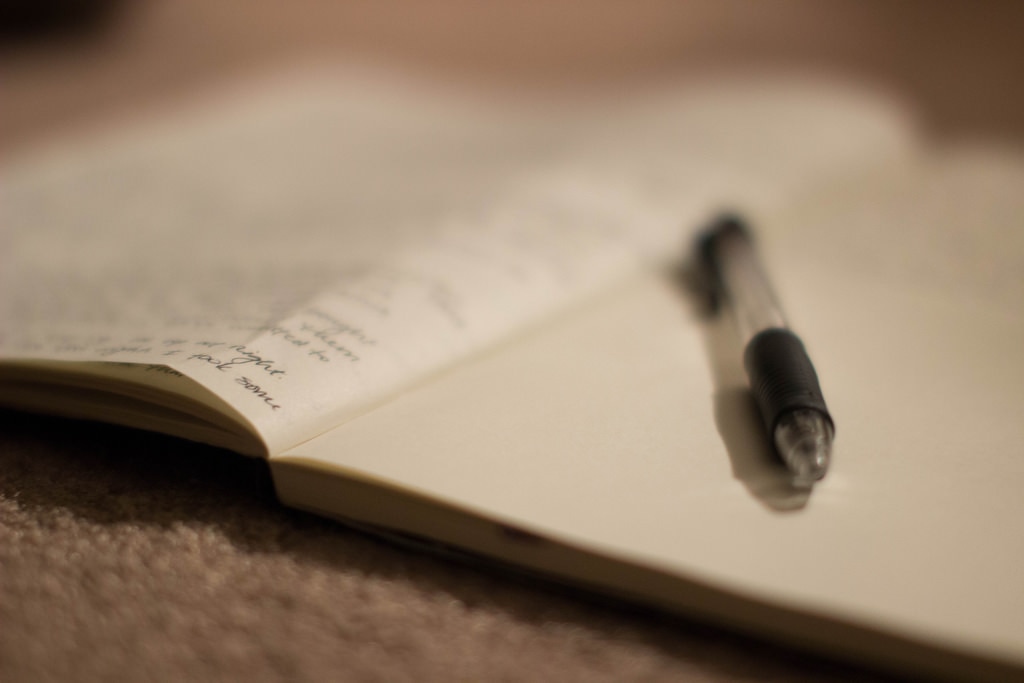
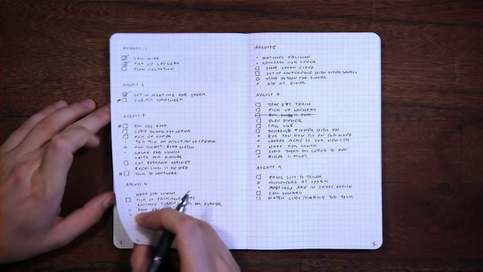
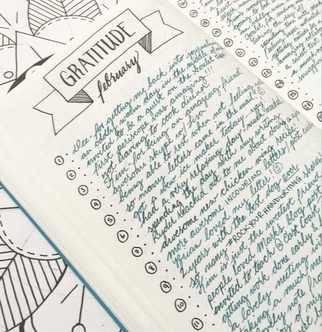

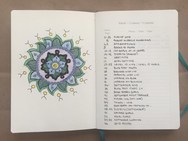
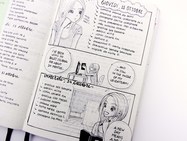

 RSS Feed
RSS Feed
